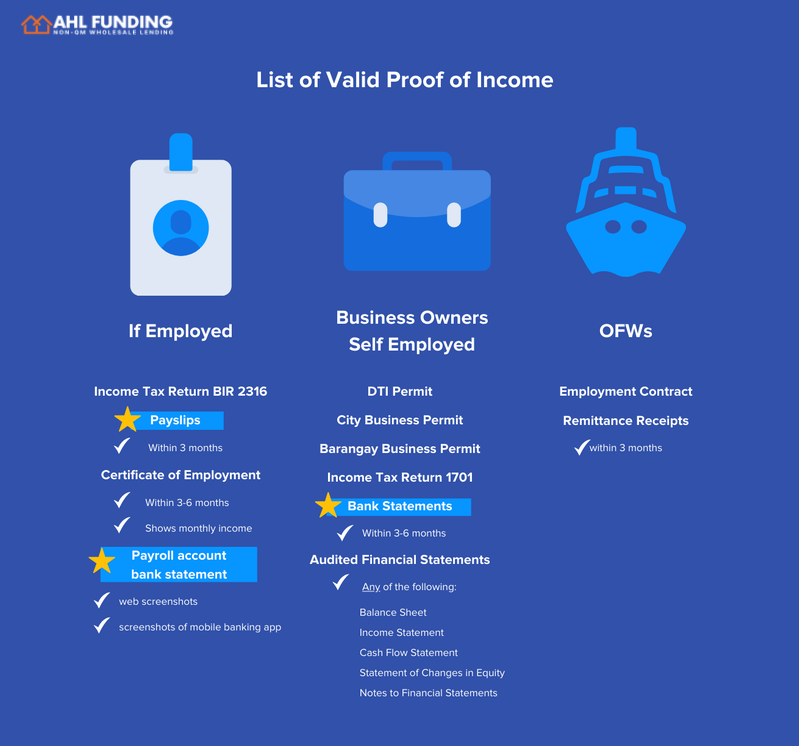
For loan officers, understanding the intricacies of income verification is crucial in the mortgage lending process. It is a key step in assessing a borrower’s ability to repay the loan. This article provides an overview of income verification, outlining its importance, the methods used, and the role of loan officers in ensuring a smooth verification process.
1. The Importance of Income Verification
Income verification is a fundamental aspect of the mortgage application process. It involves confirming that the borrower has a steady, reliable income to cover monthly payments, property taxes, insurance, and other related expenses.
2. Methods of Income Verification
Several documents are used to verify a borrower’s income:
3. Challenges in Income Verification
Income verification can be straightforward for borrowers with traditional employment but can pose challenges for:

4. Role of Loan Officers in Income Verification
Loan officers should:
5. Income Verification for Different Loan Types
The requirements can vary depending on the type of loan:
6. Staying Up-to-Date with Lending Guidelines
Lending guidelines and regulations can change. Loan officers must stay informed about the latest requirements for income verification.
Conclusion:
Effective income verification is a critical skill for loan officers. It not only helps in accurately assessing a borrower’s financial capability but also ensures compliance with lending standards. Understanding the nuances of this process can significantly enhance the loan officer’s ability to serve a diverse clientele.
Loan officers looking to deepen their expertise and access a range of loan products can turn to AHL Funding. Explore opportunities with AHL Funding by starting with their Broker Approval process. For specific scenarios or more detailed inquiries, AHL Funding’s Submit a Scenario page is available to provide expert support, ensuring loan officers are well-equipped to handle various income verification processes in mortgage lending.

Our goal is to shape and build the next generation of mortgage lending with exceptional customer service, integrity, strength and experience.
© 2024 AHL Funding | Privacy Policy | Company NMLS: 1370963
AHL Funding DBA American Home Loans All rights reserved. www.nmlsconsumeraccess.org. Rates, fees and programs are subject to change without notice. Other restrictions may apply. AHL Funding DBA American Home Loans is a Wholesale Lender. We work with mortgage brokers to originate loans.
Subscribe to AHL Funding and recieve insider news, tips, and resources for loan officers.
*We never spam, unsubscribe any time.